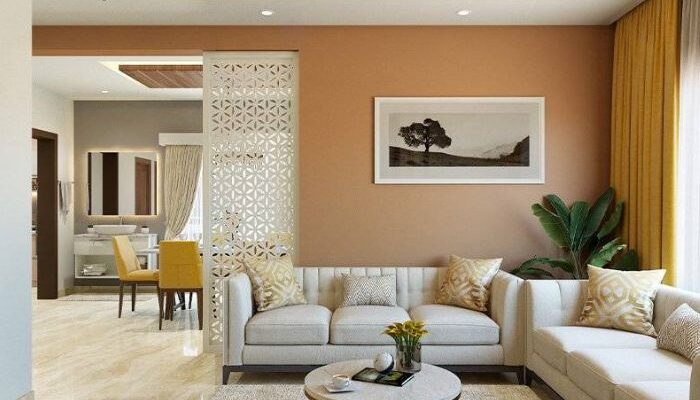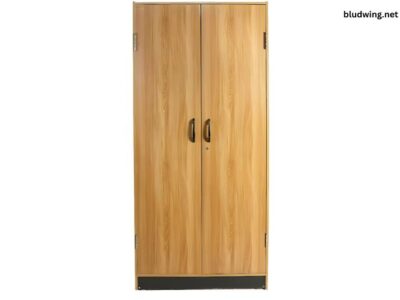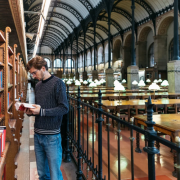1. Introduction to Interior Design for Homes
Creating a beautiful home isn’t just about choosing the right furniture; it’s about designing a space that reflects your personality, lifestyle, and comfort. Interior design for homes combines aesthetics with functionality to make your home visually appealing and practical. Whether you’re planning a complete makeover or just updating a few elements, understanding the basics of interior design can help you create a harmonious and stylish living space.
For more inspiration, visit Life Line Homestyle and explore the latest trends in home decor.
2. Choosing the Right Color Palette
Color plays a vital role in home design, affecting mood and space perception. In 2025, warm neutrals, deep greens, and soft blues are trending, creating a cozy yet modern atmosphere. Here’s how to pick the right colors:
- Neutral tones (beige, white, and soft gray): Provide a timeless and versatile base.
- Accent colors (bold hues like navy, emerald, or mustard yellow): Add character to your space.
- Earthy and pastel shades: Bring a natural and calming effect to your interiors.
By carefully selecting colors, you can enhance the ambiance and create a seamless flow throughout your home.
3. Furniture Selection and Placement
Furniture is the backbone of interior design. Choosing the right pieces and placing them strategically can make a small space look bigger or a large room feel cozier. Here are some key points:
- Invest in multifunctional furniture: Ideal for small spaces, like a sofa bed or a coffee table with storage.
- Prioritize comfort: Choose sofas, chairs, and beds that support relaxation.
- Create balance: Mix large and small pieces to avoid overcrowding.
- Allow for movement: Ensure there’s enough space between furniture for easy navigation.
Proper furniture selection and placement can make your home both stylish and practical.
4. Lighting: The Key to a Perfect Atmosphere
Lighting transforms a space, setting the mood and enhancing the aesthetic appeal. A well-lit home feels welcoming and spacious. Consider these lighting options:
- Ambient lighting: General illumination from ceiling lights or chandeliers.
- Task lighting: Focused lights for reading, cooking, or working.
- Accent lighting: Decorative lighting like wall sconces or LED strips to highlight design elements.
Using a mix of lighting sources ensures functionality and enhances the beauty of your interiors.
5. Home Décor: Adding Personality to Your Space
Accessories and décor elements bring life to any home. Here’s how to personalize your space:
- Artwork and wall décor: Showcase paintings, framed photos, or wall hangings.
- Indoor plants: Add freshness and improve air quality.
- Rugs and textiles: Use cushions, throws, and curtains to introduce color and texture.
- Decorative mirrors: Enhance natural light and create a sense of space.
For more decor inspiration, visit Life Line Homestyle.
6. Smart Home Technology in Interior Design
Incorporating smart home features enhances convenience and efficiency. Some must-have tech trends include:
- Smart lighting systems: Control brightness and colors via mobile apps.
- Voice-controlled assistants: Manage home automation with voice commands.
- Energy-efficient appliances: Reduce electricity bills while maintaining comfort.
Modern homes integrate technology seamlessly into their design, making everyday living easier.
7. Space-Saving Ideas for Small Homes
If you have limited space, smart design choices can maximize functionality. Try these ideas:
- Wall-mounted storage: Floating shelves and cabinets save floor space.
- Multipurpose furniture: Ottomans with storage or extendable dining tables.
- Vertical gardens: Add greenery without taking up floor space.
Creative solutions ensure your home feels spacious and clutter-free.
8. Sustainable Interior Design for Eco-Friendly Homes
Sustainability is a key focus in 2025 home design. Eco-friendly choices include:
- Recycled and upcycled furniture: Reduce waste and add unique charm.
- Energy-efficient lighting: Use LED bulbs for lower energy consumption.
- Natural materials: Bamboo, cork, and reclaimed wood for flooring and decor.
Eco-friendly interiors contribute to a healthier lifestyle and a better planet.
9. DIY Home Improvement Tips
Enhancing your home doesn’t always require professionals. Simple DIY projects can make a big difference:
- Repainting walls: A fresh coat of paint transforms a space.
- Upcycling old furniture: Give new life to old pieces with paint or fabric changes.
- Creating a gallery wall: Display personal photos or art pieces stylishly.
Small DIY projects can refresh your home without a big budget.
10. Conclusion: Elevate Your Home with Interior Design
A well-designed home improves comfort, functionality, and aesthetics. Whether you’re making small updates or planning a full renovation, thoughtful interior design for homes ensures a space that reflects your personality and lifestyle.
For expert advice, the latest trends, and creative home ideas, visit Life Line Homestyle.

















Comments